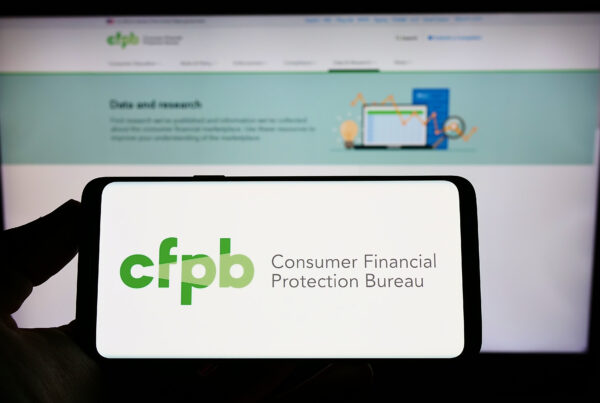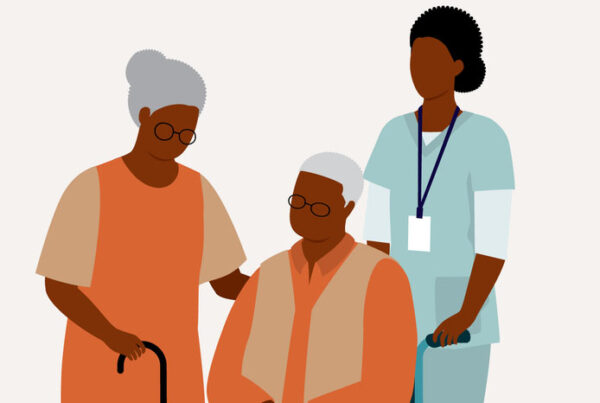By Andrew Crocker, M.S.
Caregiving looks different for every person and every situation. We often only think of someone caring for an older person – perhaps a spouse or a parent – but many children receive care from relative caregivers, such as a grandparent, helping with essential functions in their lives. Grandparents and other relative caregivers have an awesome responsibility when it comes to the lives of children. Whether an after-school caregiver or a caregiver with primary parenting responsibilities, relative caregivers can make an impact in shaping the lives of the children in their care.
3 Common Areas of Concern
Relative caregivers often have trouble understanding and accessing resources and services to support their journey. Traditional programs to support caregivers often assume the care recipient is older or the caregiver is older, so meeting age qualifications may be difficult. But that should not stop the caregiver from asking questions and seeking the help they need. The following represent common areas of concern for relative caregivers and suggestions for where to seek support:
- Legal – many relative caregivers assume they have a legal relationship with the child in their care but, depending on the state, they likely do not without formal paperwork and/or a court proceeding. Consult a trusted legal adviser to inquire about establishing a legal relationship or utilize LawHelp.org to find free or reduced-cost legal services – click “Find Help by State.” This may be very important for routine life events like enrolling in school or non-emergency medical care.
- Financial – there are many state and federal benefits for which relative caregivers may qualify such as the Child and Dependent Care Credit available under federal tax law or state and local tax and income assistance programs. Consult a tax professional regarding eligibility to claim these benefits. Also, contact the human services department in your state of residence to inquire about programs and supports for your caregiving situation. The child or the household may be entitled to cash assistance, health insurance, and/or nutritional assistance, depending on the regulations in the state.
- Education – rearing a child that is not your own can be a challenge, especially if it’s been 20 or 30 years since you last helped with homework or had to practice positive discipline. Discuss your situation with the local school counselor and seek advice from the child’s teacher on strategies to ensure success in school. The school may also be aware of other resources that can help with the caregiving situation such as parenting resources, school enrichment programs, tutoring, etc.
Relative caregivers, like all caregivers, provide an essential service that is meaningful in the life of another person, though not always easy. Take advantage of the services and supports available to you through local, state, and federal entities – asking for and accepting help are great strategies to help create a positive caregiving journey.













